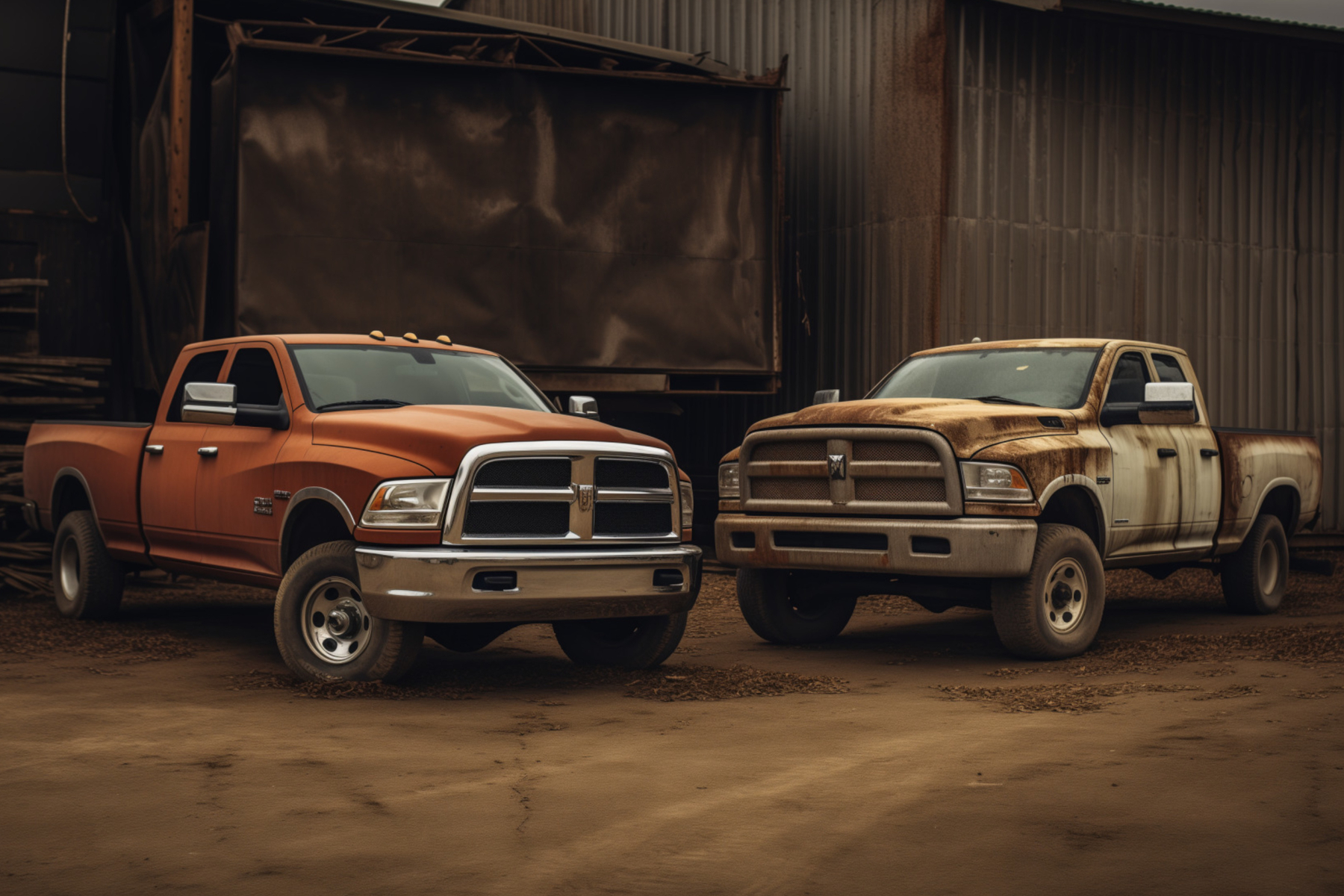To keep or repair your vehicle. This is a question we get often. The decision can be challenging, as emotions, finances, and practical considerations all come into play. Here are key factors to help you make an informed decision on whether to keep or repair your vehicle.
Keep or Repair Assessment
Start by evaluating the general state of your car. Consider its mileage, engine condition, and the extent of existing issues. If the problems are primarily cosmetic or minor, it might be worth investing in repairs. However, if the vehicle requires substantial fixes or the engine is on its last legs, exploring other options might be more financially prudent. It’s best to get a certified mechanic to assess your vehicle and give you and idea of what you’re looking at.
Cost of Repairs vs. Car’s Value
Compare the cost of necessary repairs with the current market value of your vehicle. If the repair expenses are approaching or exceeding the car’s worth, it might be a sign that it’s time to let go. On the other hand, if the repairs are reasonable and will significantly extend the lifespan of your car, it could be a sensible investment.
Frequency of Repairs
Consider the frequency with which your car has been requiring repairs. Finding yourself at the mechanic’s shop every few months may indicate a pattern of ongoing issues that could continue. In such cases, the cumulative cost of repairs might make a new car a more economical choice in the long run.
Future Maintenance Costs
Look into the anticipated maintenance costs for your car’s make and model. Some vehicles are known for their reliability and have lower long-term maintenance expenses. If your car falls into this category, it might be worth investing in repairs to keep it running smoothly.
Fuel Efficiency and Environmental Impact
Consider the fuel efficiency of your old car compared to newer models. Newer vehicles often come with technological advancements that can lead to better fuel economy, reducing overall transportation costs. Additionally, newer cars are generally more environmentally friendly, emitting fewer pollutants. If environmental impact concerns you, this could be a significant factor in your decision.
Emotional Attachment
Emotional attachment to a car can cloud judgment, but it’s an essential factor to consider. If your old car holds sentimental value or has been a reliable companion for years, it might be worth the investment to keep it running. However, it’s essential to strike a balance between sentimentality and practicality.
Keep or Repair Financial Considerations
Evaluate your current financial situation. If buying a new car would strain your budget or lead to financial instability, repairing the old car may be a more sensible choice in the short term.
Deciding whether to keep an old car or invest in repairs involves carefully considering various factors. By assessing the overall condition, weighing repair costs against the car’s value, and factoring in your emotional attachment, you can make a well-informed decision that aligns with both your practical and personal needs. Ultimately, the choice is yours, and striking the right balance between sentimentality and practicality will guide you toward the best decision for your unique circumstances.






